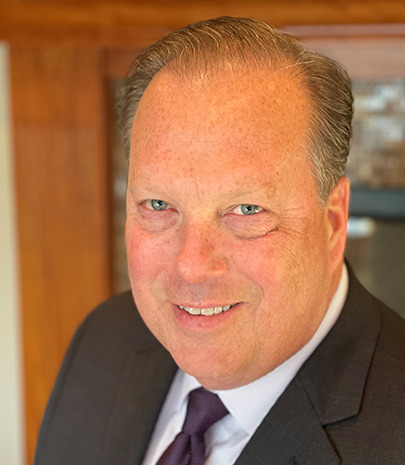CEO Corner: Healing Tribal Lands
How to fund prevention and safe drug disposal efforts in Indigenous communities
Drug overdoses claimed the lives of over 100,000 Americans from April 2020-April 2021, according to recently released provisional data from the Centers for Disease Control and Prevention (CDC). For every death reported, many more individuals experienced nonfatal overdoses and other issues related to substance use disorder (SUD).
This is a nationwide crisis, but minority groups and underserved communities have been hit particularly hard by substance misuse. Native Americans make up about 1% of the U.S. population but they account for 2.5% of the population in treatment for drug misuse. Rates of substance abuse among Indigenous youths are significantly higher than the national average, suggesting that the next generation is likely to experience enduring health and social problems associated with SUD.
Combatting substance misuse and drug overdoses in Native American communities requires a collective effort to fund and track the outcomes of prevention and recovery initiatives. Grant opportunities and funding options are available from government entities, opioid litigation settlements and other sources; however, it can be difficult to know where to start and which funding sources apply to tribal communities. To help navigate these opportunities, we’ve created a Funding Options page with information about funding sources for drug abuse prevention efforts specific to tribal communities, rural areas, law enforcement, and more.
“We know that prevention programs like at-home medication deactivation and disposal campaigns make a difference, but funding these efforts is a common challenge. This Funding Options page can help Indigenous groups find the right funding options for their communities and take the first step to get vital resources into the hands of the people who need them most,” says Tom Rodgers, Global Indigenous People’s Council President.
Visit the Funding Options page to learn more about specific grant opportunities like Tribal Opioid Response (TOR) and Rural Communities Opioid Response Program (RCORP) grants that can help your community respond to the opioid crisis. You can also download the Deterra Grant Guide for practical grant-writing tips and sample language for incorporating evidence-based drug disposal solutions into your prevention plan.
***

Jason Sundby
Chairman & CEO of Verde Environmental Technologies, Inc.